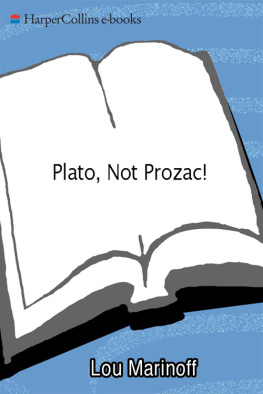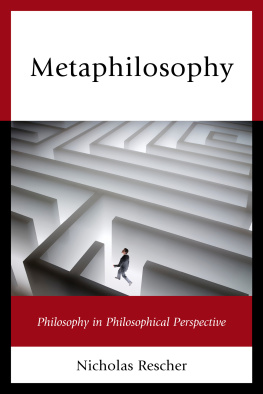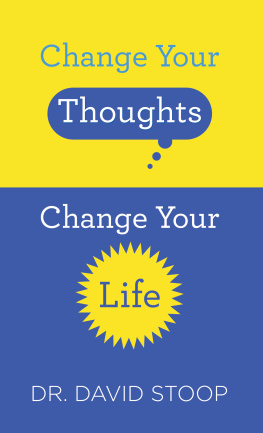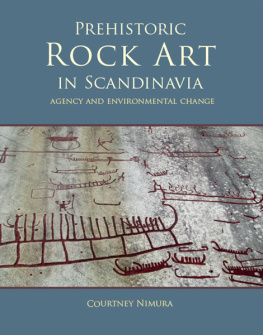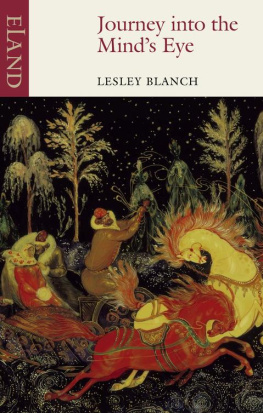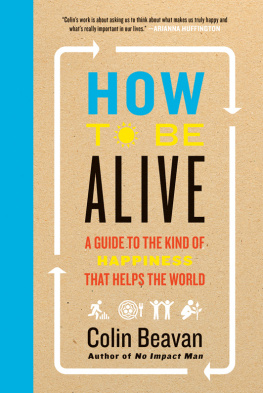Plato, Not Prozac!: Applying Philosophy to Everyday Problems
Philosophical Practice
THE BIG QUESTIONS
HOW PHILOSOPHY CAN CHANGE YOUR LIFE
LOU MARINOFF, PH.D.

First published in Great Britain 2003
Copyright 2003 by Lou Marinoff
This electronic edition published 2011 by Bloomsbury Publishing Plc
The right of Lou Marinoff to be identified as the author of this work has been asserted by him in accordance with the Copyright, Designs and Patents Act 1988
All rights reserved. You may not copy, distribute, transmit, reproduce or otherwise make available this publication (or any part of it) in any form, or by any means (including without limitation electronic, digital, optical, mechanical, photocopying, printing, recording or otherwise), without the prior written permission of the publisher. Any person who does any unauthorised act in relation to this publication may be liable to criminal prosecution and civil claims for damages.
Bloomsbury Publishing Plc,
36 Soho Square,
London W1D 3QY
A CIP catalogue record for this book
is available from the British Library
ISBN 978 1 4088 0727 9
www.bloomsbury.com/loumarinoff
Visit www.bloomsbury.com to find out more about our authors and their books.
You will find extracts, authors interviews, author events and you can sign up for newsletters to be the first to hear about our latest releases and special offers.
To those who dare to question
and especially who dare to question a philosopher
Healing
Vain is the word of a philosopher which does not heal any suffering of man. For just as there is no profit in medicine if it does not expel the diseases of the body, so there is no profit in philosophy either, if it does not expel the suffering of the mind.
Epicurus
Flourishing
Having understood how human lives are diseased, a philosopher worthy of the name like a doctor worthy of that name will proceed to try to cure them. The whole point of medical research is cure. So, too, the whole point of philosophy is human flourishing.
Martha Nussbaum
Attaining
In the immeasurable expanses of time, you see how life moves onward and upward from infusoria to man, and you cannot deny that infinite possibilities for further perfection still await humankind.
Thomas Mann
Emancipating
Life is filled with truly unfathomable potential in most cases, our so-called limitations are nothing more than our own decision to limit ourselves.
Daisaku Ikeda
Awakening
What lies behind us and what lies before us are small matters compared to what lies within us.
Ralph Waldo Emerson
Managing
Philosophy recovers itself when it ceases to be a device for dealing with the problems of philosophers and becomes a method, cultivated by philosophers, for dealing with the problems of men.
John Dewey
Purifying
All phenomena of existence have mind as their precursor, mind as their supreme leader, and of mind are they made. If with a pure mind one speaks or acts, happiness follows him like his shadow that never leaves him.
Gautama Buddha
Being
Be not afraid of life. Believe that life is worth living, and your belief will help create the fact.
William James
M ANY FRIENDS, COLLEAGUES , and associates as well as a few family members helped with the conception, gestation, and birth of this book. It is not possible to thank them all by name, but I wish to mention some.
Thanks to my mother, Rosaline Tafler, our familys resident Stoic, for all her advice and encouragement; and to three youthful Marinoffs Sarah, James, and Julian for being themselves.
Thanks to several friends who have endured me for more than thirty years, including Bernard de los Cobos, Moshe Denburg, Michael Godfrey, Keith MacLellan, and Mark Seal, for all their advice and encouragement.
Thanks to Tim Duggan, Kristin Ventry, and others at HarperCollins USA, for bringing Plato, Not Prozac! to a worldwide readership, and paving the way for this book.
Thanks to many friends and colleagues in the American Philosophical Practitioners Association, including Richard Dance, Wilfried ver Eecke, Vaughana Feary, Pierre Grimes, Michael Grosso, George Hole, Chris Johns, J. Michael Russell, Paul Sharkey, and Michelle Walsh, among others, for their advice, loyalty, and friendship. A special thanks to European friends and colleagues, including Ida Jongsma, Anders Lindseth, Anti Matilla, and Henrik Nyback, for their collaboration abroad.
Thanks to many other friends of philosophical practice, including Julian Baggini, Paul Bennett, Paul del Duca, Jan and Robert Dilenschneider, Jennifer Farrell, David Feldman, Christina Garidis, Thor Henrikson, Merle Hoffman, Sebastiaan Jansen, Robert Kennedy, Tova Krentzman, Katie Layman, Andrew Light, Liv Marinoff, Tan Chin Nam, Len Oakes, Ron Perowne, Christian Perring, Tanis Salant, Allen Sessoms, Liz Sheean, Jeremy Stangroom, Jennifer Stark, Rose and Arthur Sturcke, and Masao Yokota, among others, who provided all kinds of advice and encouragement.
Thanks to Jeet Khemka for her insight, to Daisaku Ikeda for his appreciation, and to Paulo Coelho and Elie Wiesel for their inspiration.
Thanks to staunch defenders of civil liberties in American higher education, including Steven Hudspeth, David Koepsell, Alan Kors, and David Seidemann, for reminding the forgetful that even philosophers enjoy the protections of the Constitution.
Thanks to the Faculty Fellowship Program at the City College of New York for sabbatical leave from teaching responsibilities this year.
Thanks to Kathleen and Andrew Lawrence for the use of their enchanting abode on Walton Lake, where the bulk of this book was written. Their charming house is still frequented by the spirit of its builder the late, great George M. Cohan. I reconvey his regards to Broadway.
Thanks to those practitioners whose case studies I have cited: Vaughana Feary, Anders Holt, Alex Howard, Ida Jongsma, Kenneth Kipnis, Christopher McCullough, Martha Nussbaum, and Emmy van Deurzen. Thanks also to those practitioners who submitted case studies we could not include owing to the usual constraints.
Thanks to the many clients of philosophical practice individuals, groups, and organizations alike from whom we learn more than they imagine about the applications of philosophy, even as we help them apply it for themselves. Clients names, occupations, and other details of cases cited herein have been altered to protect their anonymity, but their issues are real, as are the benefits they derived from philosophy.
Last and furthest from least, thanks to those who collaborated most closely with me on this book: Joelle Delbourgo, who (as with Plato, Not Prozac!) helped shape its vision; Colleen Kapklein, who (as with Plato, Not Prozac!) helped make its message broadly accessible; Jenny Meyer for her facilitation; Santiago del Rey of Ediciones B for his support; and Colin Dickerman, Karen Rinaldi, Alan Wherry, and the entire team at Bloomsbury USA for editing and publishing it.
I assume sole responsibility for the ideas and opinions expressed in this book. My friends, colleagues, and associates do not necessarily share all my views, or necessarily oppose them and vice versa. To acknowledge anothers humanity is to respect their independence of thought.
Next page

